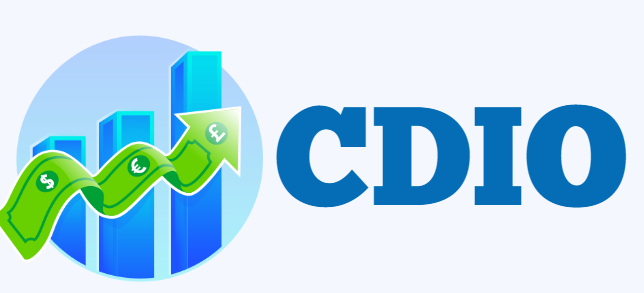Contents
- 1 Recession in Canada Expected to Hit in Early 2024: A Look at Canada’s Economic Shift
Recession in Canada Expected to Hit in Early 2024: A Look at Canada’s Economic Shift
Indications of Canadian Economic Recession
Latest News: The negative effect of high interest rates on consumer spending may be the cause of a potential technical recession, according to recent statistics from Statistics Canada. Early in 2024 is when a recession in Canada is expected to start.
Challenges and Projections for Canadian Economy
Rising borrowing costs have put the Canadian economy in a difficult position; growth is expected to peak in the first half of the year. Oxford predicts that the recession, which is thought to have begun in the third quarter of 2023, will continue until the second quarter of 2024 and result in a 1.1% decline in the GDP of the nation.
Defining Recession
A recession is classified as two consecutive quarters of negative growth or broader weaknesses, marking a prolonged period of low or negative real GDP growth with a significant increase in unemployment.
Details of Canada’s Recession
A 1.1% GDP decline is anticipated, peaking in the first half of the year as a result of higher borrowing rates. On the other hand, activity is anticipated to improve in the second half of the year due to a subsequent reduction in interest rates.
Inflation and Future Projections
In the first half of 2024, it is predicted that Canada’s inflation rate will experience high consumer belt tightening, which will result in lower spending. Costs associated with housing and food inflation are also predicted to increase.
Future Predictions and Economic Impact
Early in 2024, forest fires, drought conditions, rising interest rates, and inflation might all have an effect on the Canadian economy, hurting both economic growth and total government revenue and spending.
The difficult economic forecast for Canada is caused by a number of causes, and businesses and governments will need to find a way through the anticipated recession that is expected to begin in early 2024.
FAQs
What are the indicators of a Canadian recession?
The negative effect of high interest rates on consumer spending is a sign of a future recession in Canada, which is expected to begin in early 2024.
How is a recession defined?
Two consecutive quarters of negative growth or more general deficiencies are considered to be signs of a recession, which is characterized by a protracted period of low or negative real GDP growth and a notable rise in unemployment.
What are the future projections for Canada’s economy?
According to future forecasts, there could be a negative influence on economic development and overall government revenue and spending in early 2024 due to factors like rising interest rates, inflation, forest fires, and drought conditions.
